Description
What is the current recommended dose of intravenous or intraosseous
epinephrine in adult patients with cardiac arrest?
10 mg every 10 minutes
1 mg every 3-5 minutes
1 mg every 7 minutes
0.1 mg every 2 minutes
2. A patient with a traumatic brain injury (TBI) is MOST likely to suffer from
what condition?
Diabetes mellitus
Cerebral palsy
Diabetes Insipidus
Myxedema coma
3. A patient presents after sustaining a roll-over motor vehicle accident. They
are complaining of pain around the mid-upper back. On your initial triage
assessment, you find that patient has preserved motor function below L5
but is suffering from a loss of sensory function. The assessment findings
are consistent with:
Posterior cord syndrome
Central cord syndrome
Anterior cord syndrome
Autonomic syndrome
4. A patient arrives with acute onset of central chest pain. The patient is
tachycardic and tachypneic and appears very anxious and restless. What
would be the MOST important initial intervention for this patient?
Obtain electrocardiogram
Administer nitroglycerin
Administer oxygen
Obtain venous blood gas
Correct Ans: Administer oxygen
5. A patient who is 27 weeks pregnant presents with painless bright red
vaginal bleeding. What condition correlates with the presenting symptoms?
Abruptio placenta
Placenta Previa
Ectopic pregnancy
Premature rupture of membranes (PROM)
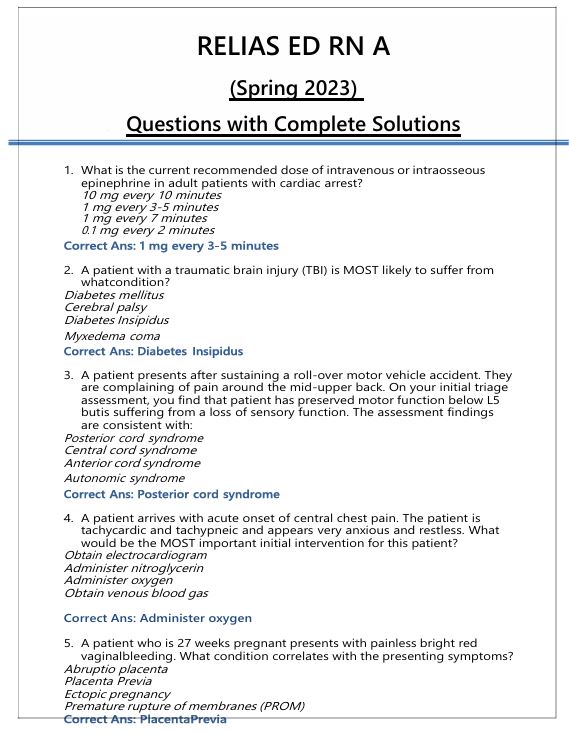
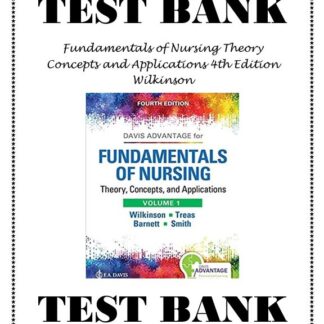
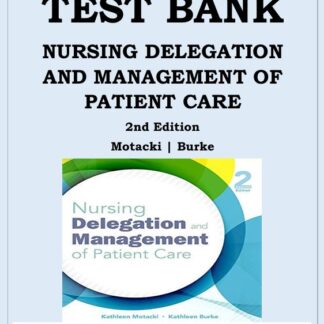
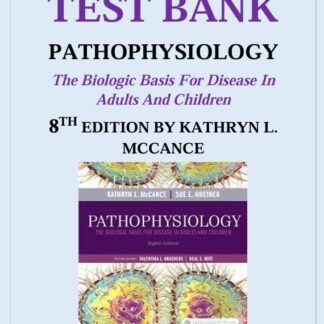
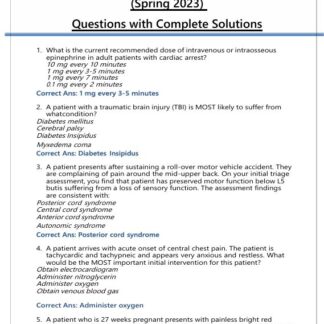
Reviews
There are no reviews yet.